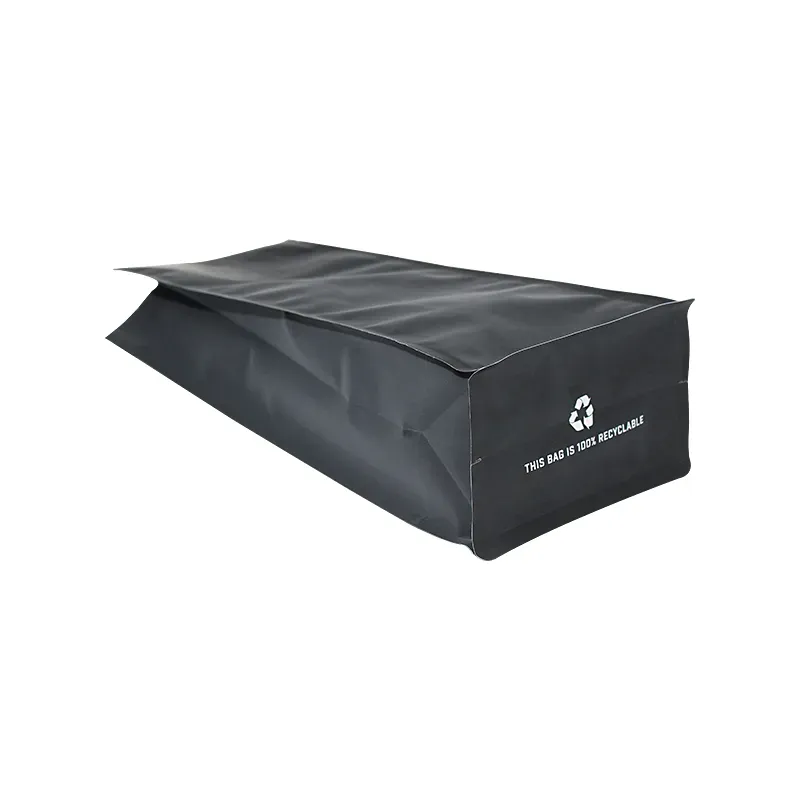- Afrikaans
- Albanian
- Amharic
- Arabic
- Armenian
- Azerbaijani
- Basque
- Belarusian
- Bengali
- Bosnian
- Bulgarian
- Catalan
- Cebuano
- chinese_simplified
- chinese_traditional
- Corsican
- Croatian
- Czech
- Danish
- Dutch
- English
- Esperanto
- Estonian
- Finnish
- French
- Frisian
- Galician
- Georgian
- German
- Greek
- Gujarati
- haitian_creole
- hausa
- hawaiian
- Hebrew
- Hindi
- Miao
- Hungarian
- Icelandic
- igbo
- Indonesian
- irish
- Italian
- Japanese
- Javanese
- Kannada
- kazakh
- Khmer
- Rwandese
- Korean
- Kurdish
- Kyrgyz
- Lao
- Latin
- Latvian
- Lithuanian
- Luxembourgish
- Macedonian
- Malgashi
- Malay
- Malayalam
- Maltese
- Maori
- Marathi
- Mongolian
- Myanmar
- Nepali
- Norwegian
- Norwegian
- Occitan
- Pashto
- Persian
- Polish
- Portuguese
- Punjabi
- Romanian
- Russian
- Samoan
- scottish-gaelic
- Serbian
- Sesotho
- Shona
- Sindhi
- Sinhala
- Slovak
- Slovenian
- Somali
- Spanish
- Sundanese
- Swahili
- Swedish
- Tagalog
- Tajik
- Tamil
- Tatar
- Telugu
- Thai
- Turkish
- Turkmen
- Ukrainian
- Urdu
- Uighur
- Uzbek
- Vietnamese
- Welsh
- Bantu
- Yiddish
- Yoruba
- Zulu
barrier coatings for food packaging
Barrier Coatings for Food Packaging Enhancing Shelf Life and Safety
In the ever-evolving landscape of food packaging, barrier coatings have emerged as a crucial innovation, ensuring food safety and prolonging shelf life. These advanced materials play a vital role in modern packaging solutions, addressing concerns related to spoilage, contamination, and overall quality. With the increasing global demand for convenience and sustainability in food products, understanding the significance of barrier coatings becomes essential.
What are Barrier Coatings?
Barrier coatings are thin films applied to packaging materials, primarily aimed at preventing the permeation of gases, moisture, and other harmful substances. These coatings can be made from various materials, including polymers, ceramics, and metals, and they can be tailored to fit specific types of food products. By creating a protective shield, barrier coatings significantly enhance the integrity of food packages, allowing them to maintain their freshness and flavor for extended periods.
Importance of Barrier Coatings in Food Packaging
1. Extending Shelf Life One of the primary benefits of barrier coatings is their ability to extend the shelf life of food products. These coatings prevent oxygen from entering the packaging, which is crucial for foods that are susceptible to oxidation, such as snacks and baked goods. By reducing the exchange of gases, barrier coatings help maintain the sensory attributes of food, including taste, aroma, and texture.
2. Protecting Against Moisture Moisture is another critical factor that can lead to food spoilage. Barrier coatings can effectively prevent moisture migration, protecting dry foods from becoming soggy and retaining the desired texture. This is particularly important for products like chips, cereals, and powdered foods, where moisture can severely compromise quality.
barrier coatings for food packaging

3. Preventing Contamination Food safety is a top priority for consumers and manufacturers alike. Barrier coatings act as a barrier against external contaminants, including pathogens, dust, and chemicals. This protective feature not only helps in maintaining the quality of food but also plays a pivotal role in ensuring that products meet safety standards.
4. Reducing Food Waste By extending shelf life and preventing spoilage, barrier coatings contribute to reducing food waste – a significant global issue. According to the Food and Agriculture Organization (FAO), approximately one-third of food produced for human consumption is wasted. Enhanced packaging solutions that utilize barrier coatings can significantly mitigate this problem, leading to a more sustainable food system.
5. Customization Opportunities Barrier coatings offer the flexibility of customization to meet diverse packaging needs. Manufacturers can adjust the properties of the coatings based on the specific requirements of different food items, whether it’s for fresh produce, dairy products, or snack foods. This adaptability ensures that food products are packaged optimally for their unique challenges.
Sustainability Considerations
As environmental concerns continue to grow, the packaging industry is under pressure to become more sustainable. Barrier coatings can contribute to this goal by enabling lightweight packaging solutions that reduce material use. Additionally, many barrier coatings can be designed to be biodegradable or recyclable, aligning with the global shift towards more sustainable practices. The development of bio-based barrier materials is being explored, further bridging the gap between effective food preservation and environmental responsibility.
Conclusion
Barrier coatings are an essential component of modern food packaging, providing numerous benefits that enhance food safety, quality, and sustainability. As consumer demand for reliable and environmentally friendly packaging solutions grows, the ongoing research and development of advanced barrier materials will play a pivotal role in shaping the future of food packaging. By investing in innovative coatings, manufacturers can contribute to a safer, more sustainable, and waste-reduced food ecosystem. The integration of effective barrier coatings not only protects the integrity of food products but also addresses crucial environmental challenges, making it a win-win for both consumers and the planet.













